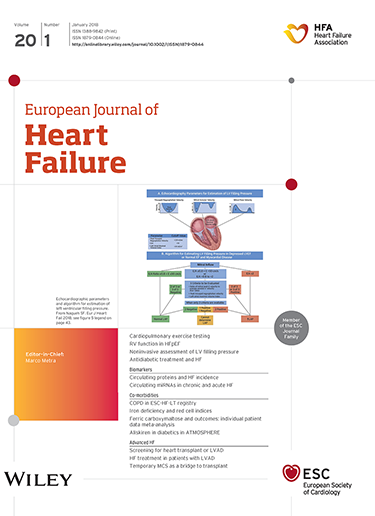Patients with heart failure usually have several other medical conditions that might alter the effects of interventions. We investigated whether the burden of comorbidity modified the clinical response to cardiac resynchronization therapy (CRT).
Original patient-level data from eight randomized trials exploring the effects of CRT versus no CRT were pooled (BLOCK-HF, MIRACLE, MIRACLE-ICD, MIRACLE-ICD II, RAFT, COMPANION, MADIT-CRT and REVERSE). A prior history of the following comorbidities was considered: episodic or persistent atrial fibrillation (n = 920), coronary artery disease (n = 3732), diabetes (n = 2171), and hypertension (n = 3353). Patients were classified into three groups based on the number of comorbidities: 0, 1–2, or ≥3. The outcomes of interest were time to all-cause mortality and time to the composite outcome of heart failure hospitalization (HFH) or all-cause mortality. Outcomes were evaluated within each comorbidity group using a Bayesian hierarchical Weibull survival regression model. Of 6324 patients, 970 (15%) had no comorbidities, 4052 (64%) had 1–2 and 1302 (21%) had ≥3 comorbidities. The adjusted hazard ratio (aHR) for CRT versus no CRT for all-cause mortality in the overall cohort was 0.79 (95% credible interval [CI] 0.68–0.93) (p = 0.010); for no comorbidities the aHR was 0.54 (95% CI 0.34–0.86), for 1–2 comorbidities was 0.81 (95% CI 0.67–0.97) and for ≥3 comorbidities was 0.83 (95% CI 0.64–1.07) (no significant interaction between CRT and comorbidity burden: p = 0.13). For the endpoint of HFH or all-cause mortality, the aHR for the overall cohort was 0.74 (95% CI 0.65–0.84) (p = 0.001), for no comorbidities was 0.69 (95% CI 0.50–0.94), for 1–2 comorbidities was 0.77 (95% CI 0.66–0.90) and for ≥3 comorbidities was 0.68 (95% CI 0.55–0.82) (no significant interaction between CRT and comorbidity burden: p = 0.081).
In a meta-analysis of patient-level data from eight major trials, the totality of evidence suggests that CRT reduces HFH and/or all-cause mortality even when several comorbid diseases are present.
Clinical Trial Registration: NCT00271154, NCT00251251, NCT00267098, NCT00180271.


